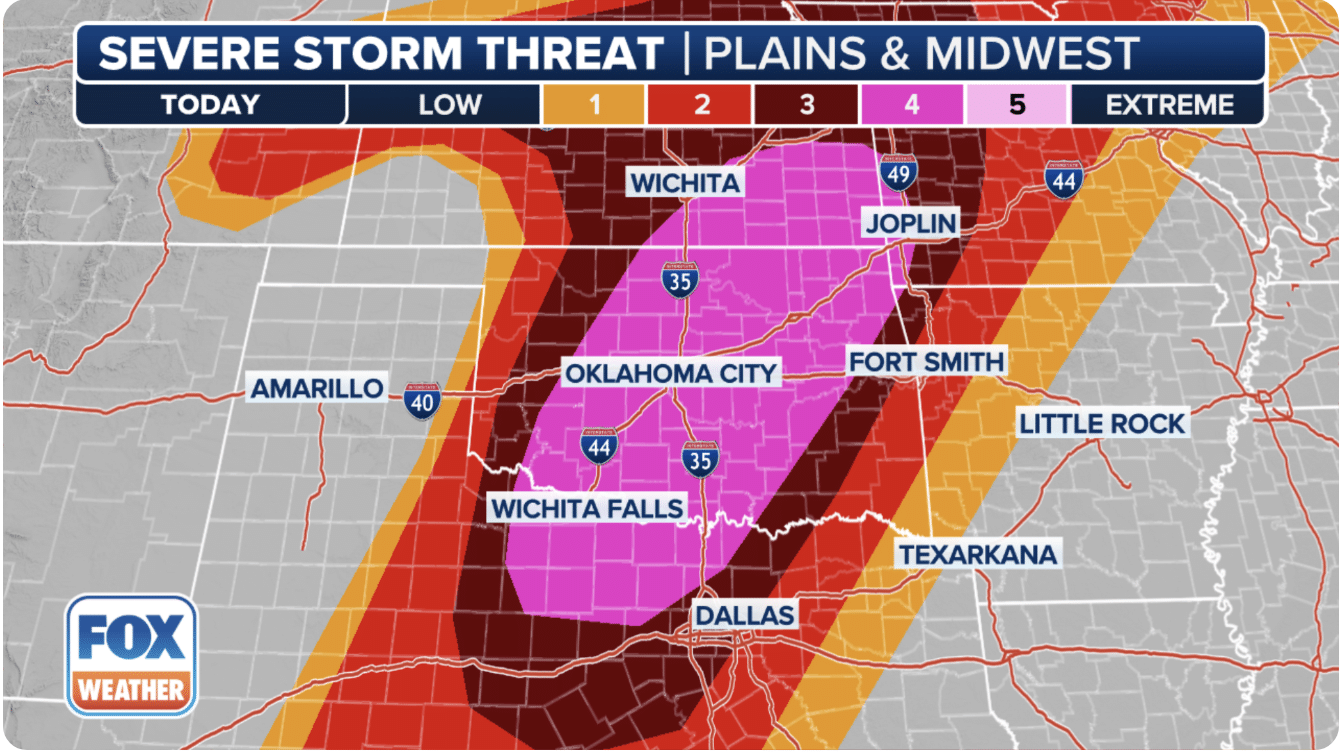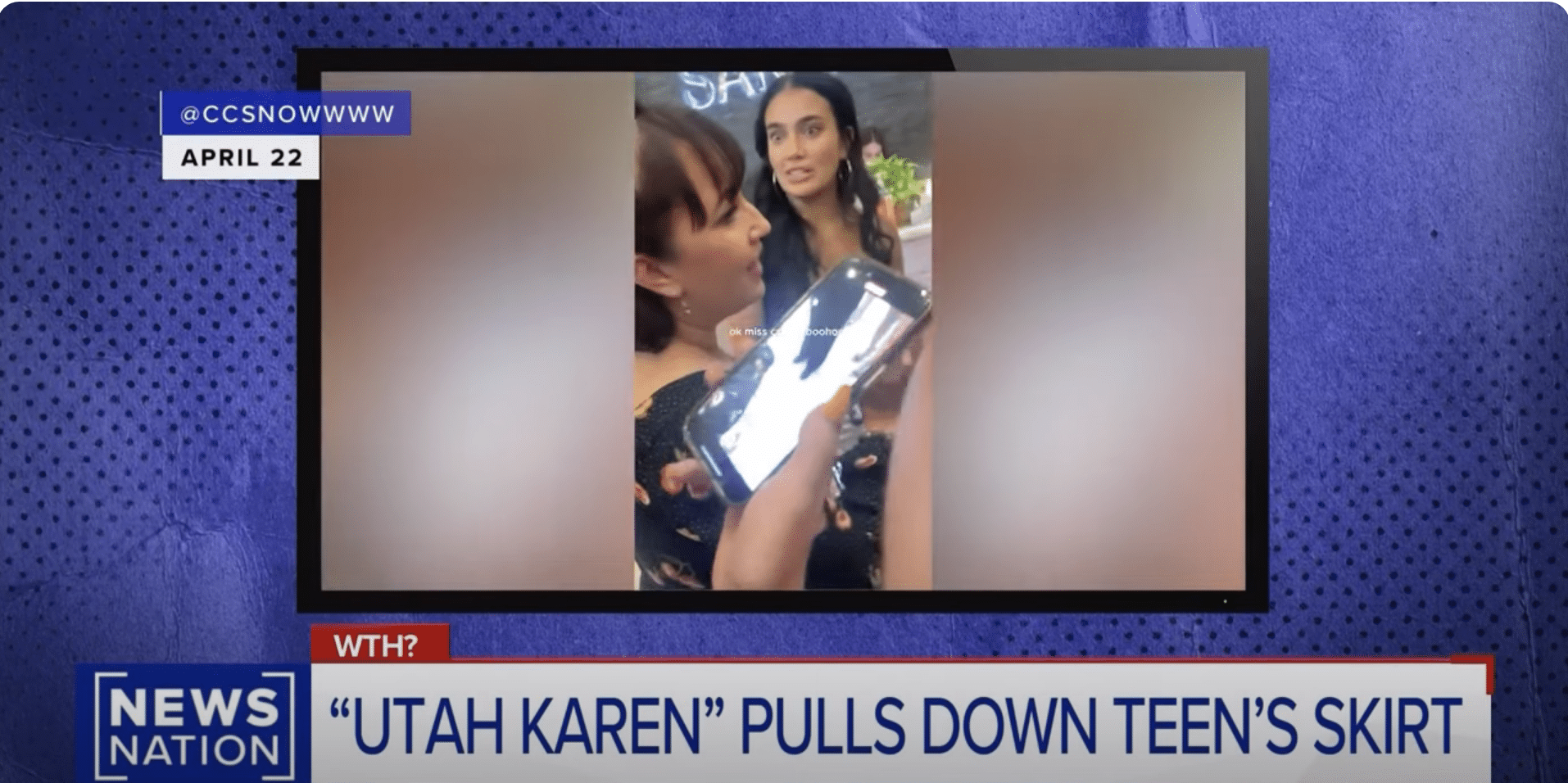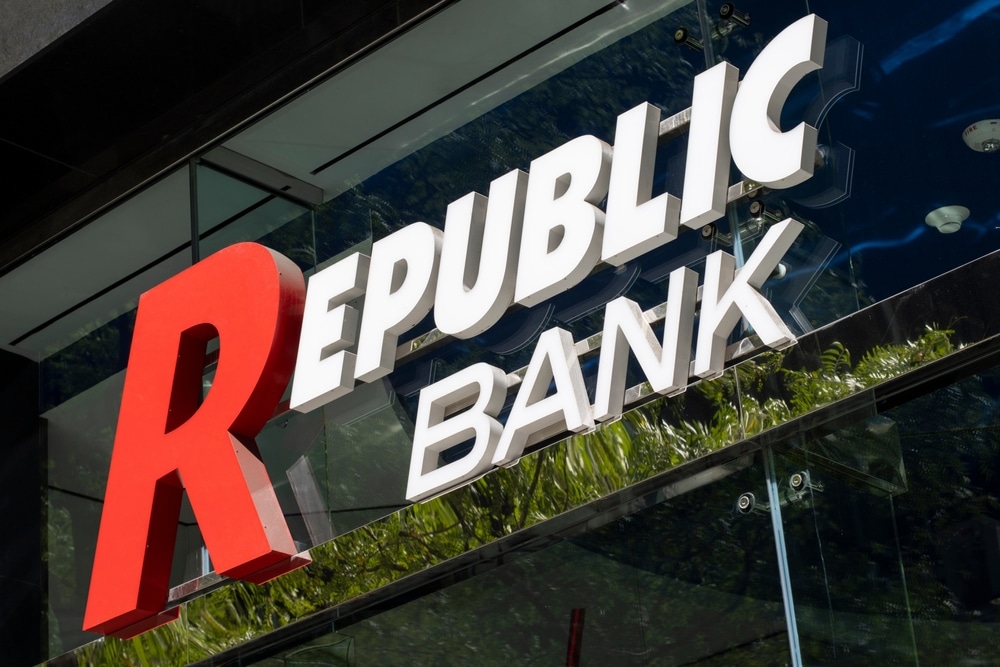Geico must pay a Missouri woman $5.2 million after she caught HPV from unprotected sex with her then-boyfriend in his insured automobile, a state appellate court ruled.
In an opinion published Tuesday, the Court of Appeals for the Western District of Missouri affirmed the multimillion-dollar payout against the insurance company, best known for its ubiquitous TV ads that frequently feature a talking gecko.
The woman — identified in court papers only as “M.O.” — said that she “engaged in unprotected sexual activities in Insured’s vehicle” in November and December 2017 and that he “negligently caused or contributed to” her catching the human papillomavirus (HPV), a common sexually transmitted infection, court papers said.
After Geico turned down her claim, M.O. took the matter to an arbitrator, who found in her favor before a court affirmed the $5.2 million judgment, the appeals court said. Geico appealed, claiming it never had a chance to contest the claim.
According to court documents, the woman, identified as M.O., and a man, who were in a relationship, had sex in the man’s car. She contends she contracted HPV, human papillomavirus, because the man did not tell her he had the disease. HPV can cause cervical cancer, certain other cancers, and genital warts.
In February 2021, M.O. notified Geico she planned to seek a $1 million insurance settlement against the man. She argued the man’s auto insurance provided coverage for her injuries and losses.
The insurance company refused the settlement offer, saying the woman’s claim did not occur because of normal use of the vehicle, according to court documents. An arbitrator eventually determined she should be awarded $5.2 million for damages and her injuries. She then filed a motion in Jackson County Court seeking to confirm the award.
Geico claimed it did not know the man and woman had entered into arbitration and, when it found out, it sought to intervene in the court case. The company argued the arbitration award was reached through collusion and fraud, violated its rights to due process and was unenforceable.
The lower court rejected Geico’s requests and confirmed the award, prompting the insurance company’s appeal because it said it did not have a “meaningful opportunity” to defend its interests, according to court documents. The appeals court found that Geico did not have the right to “re-litigate” the issues after the award had been affirmed.


















